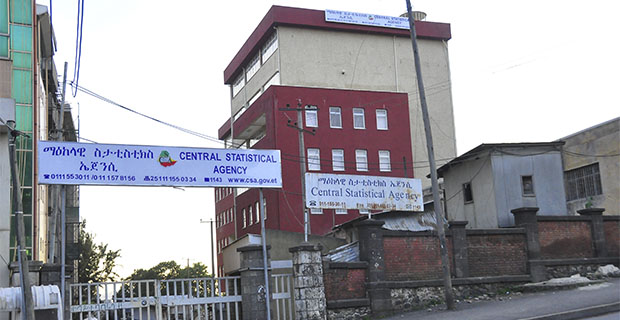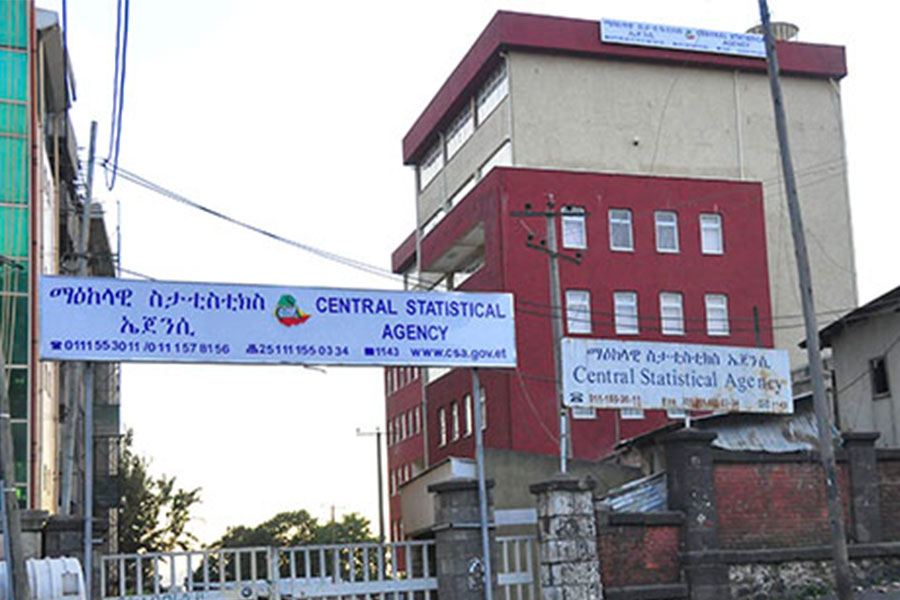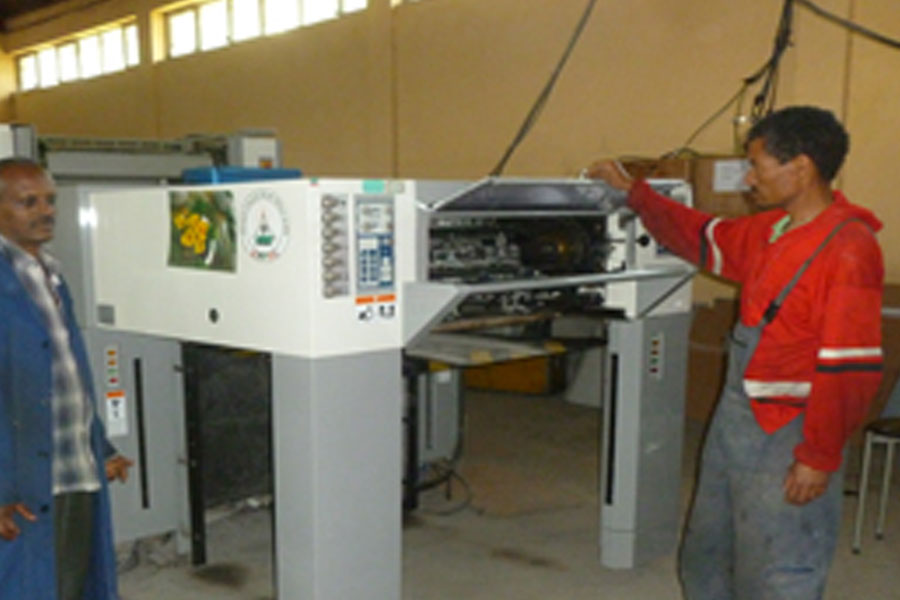
Fortune News | Mar 06,2021
Dec 27 , 2018
By TEMESGEN MULUGETA ( FORTUNE STAFF WRITER )

The long-awaited census, the fourth in the nation’s history, will be held between April 7 and April 22, 2019.
Initially scheduled to be conducted in November 2017, the census was postponed again to March 2018 due to public unrest and violence in the country. The continued unrest also caused further postponement until the current date was scheduled, sources close to the case disclosed to Fortune.
To undertake the project, the Central Statistical Agency has invested 1.7 billion Br so far. The census will be conducted by 148,000 poll takers and their 37,000 supervisors to record the population nationwide. The Agency's recruitment targeted primary school teachers with basic knowledge of technology as a prerequisite.
Currently, the Central Statistical Agency has completed the technical tasks of preparing census maps, questionnaires and data analysis, according to Safi Gemedi, director of public relations and information distribution at the Agency.
The agency produced 152,000 census maps for both rural and urban areas and is projected to finalise the work in 10 to 14 days.
"We might extend the duration if we encounter problems or could not complete the process in the scheduled period,” Safi told Fortune.
Last month, parliament approved the formation of a National Census Commission chaired by Deputy Prime Minister Demeke Mokonnen. The commission has 20 members including nine ministers and a representative from the Office of the Prime Minister and regional states.
After finalising the data gathering, the result will be announced within five months, which is one-fourth of the time it used to take previous censuses, according to Safi.
Last year, after a long controversial process, the Agency procured 180,000 tablets, power banks and solar panels at a cost of 663 million Br.
“This will help us get accurate data,” Safi said.
Experts in the field applaud the usage of digital technology for a census.
“Country census information is weak and sometimes inaccurate,” argues Ejigu Alem, a PhD candidate and Lecturer at Haramaya University School of Geography & Environmental Studies.
“The technology improves the data collection process and yields more reliable information,” Ejigu said.
The expert also suggests the census takes place before the upcoming election.
“The census should be done before the national election,” he said. “Otherwise, it will be difficult to mount election stations.”
The first census was taken in 1984, which estimated Ethiopia’s population to be 42.6 million. Ten years later, the figure reached 53.5 million.
The last census took place in 2007 at a cost of 74 million dollars, showing the population figure had jumped to 73.8 million. The CSA has projected the population to reach 94.3 million by the end of the current fiscal year.
PUBLISHED ON
Dec 27,2018 [ VOL
19 , NO
974]

Fortune News | Mar 06,2021

Fortune News | Apr 08,2023

Fortune News | Feb 12,2022

Viewpoints | Oct 03,2020

Fortune News | Jan 26,2019

Radar | May 16,2020

Commentaries | Nov 05,2022

Radar | Jul 18,2021

Radar | Dec 10,2018

Fortune News | Feb 16,2019

Dec 22 , 2024 . By TIZITA SHEWAFERAW
Charged with transforming colossal state-owned enterprises into modern and competitiv...

Aug 18 , 2024 . By AKSAH ITALO
Although predictable Yonas Zerihun's job in the ride-hailing service is not immune to...

Jul 28 , 2024 . By TIZITA SHEWAFERAW
Unhabitual, perhaps too many, Samuel Gebreyohannes, 38, used to occasionally enjoy a couple of beers at breakfast. However, he recently swit...

Jul 13 , 2024 . By AKSAH ITALO
Investors who rely on tractors, trucks, and field vehicles for commuting, transporting commodities, and f...

Nov 1 , 2025
The National Bank of Ethiopia (NBE) issued a statement two weeks ago that appeared to...

Oct 25 , 2025
The regulatory machinery is on overdrive. In only two years, no fewer than 35 new pro...

Oct 18 , 2025
The political establishment, notably the ruling party and its top brass, has become p...

Oct 11 , 2025
Ladislas Farago, a roving Associated Press (AP) correspondent, arrived in Ethiopia in...